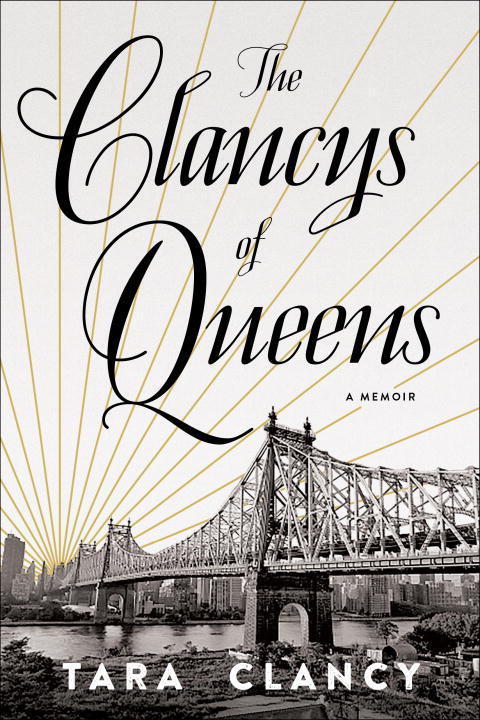Tagged with working class
Prodigy
Following Legend, Prodigy is a tale of a divided, dystopic America, from the perspective of the commie side's two most notorious outlaws, both fifteen. They discover that the corporate side is no heaven either, nor is the resistance of the former that they've been drawn into supporting.
author gender:
medium:
recommendation:
author demographic:
free:
Without a Net: the Female Experience of Growing Up Working Class
Do you really need me to say an anthology was uneven? Do I really need to say it? Unfortunately, I do. I loved some of the chapters and was less taken with others. You might chalk up the difference to writing quality and/or to my personal taste. I prefer the contributions that make their point by telling a story, rather than with a straight up essay.
author gender:
book type:
free:
medium:
Classism in higher education and Working class college students
So I just asked for two new LCSH to aid me in describing the zine Bursting Your Bubble : a Rant.
Why Be Happy When You Could Be Normal?
"The one good thing about being shut in a coal-hole is that it prompts reflection." So yeah, Jeanette Winterson had a rough childhood, but somehow managed to keep her optimism and sense of humor. Why Be Happy reminds me of Are You My Mother?, but without comics and run through a Joan Didion filter.
So when people say that poetry is a luxury, or an option, or for the educated middle classes, or that it shouldn't be read at school because it is irrelevant, or any of the strange and stupid things that are said about poetry and its place in our lives, I suspect that the people doing the saying have had things pretty easy. A tough life needs a tough language -- and that is what poetry is. That is what literature offers -- a language powerful enough to say how it is.
The librarian was explaining the benefits of the Dewey decimal system to her junior -- benefits that extended to every area of life. It was orderly, like the universe. It had logic. It was dependable. Using it allowed a kind of moral uplift, as one's own chaos was also brought under control.
'Whenever I am troubled,' said the librarian, 'I think about the Dewey decimal system.'
'The what happens?' asked the junior, rather overawed.
'Then I understand that trouble is just something that has been filed in the wrong place. That is what Jung was explaining of course -- as the chaos of our unconscious contents strive to find their rightful place in the index of the unconsciousness.'

